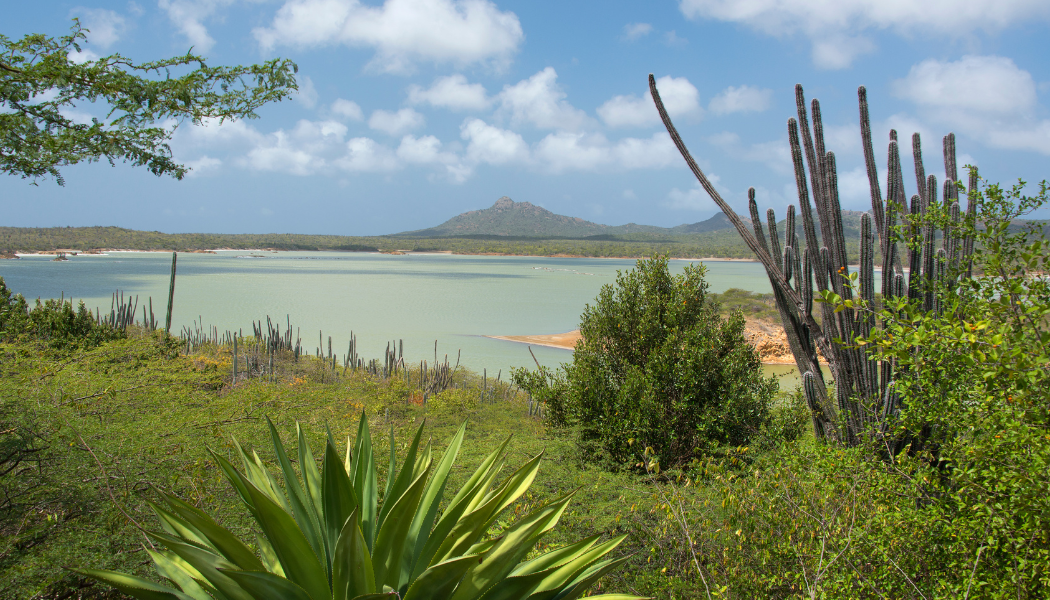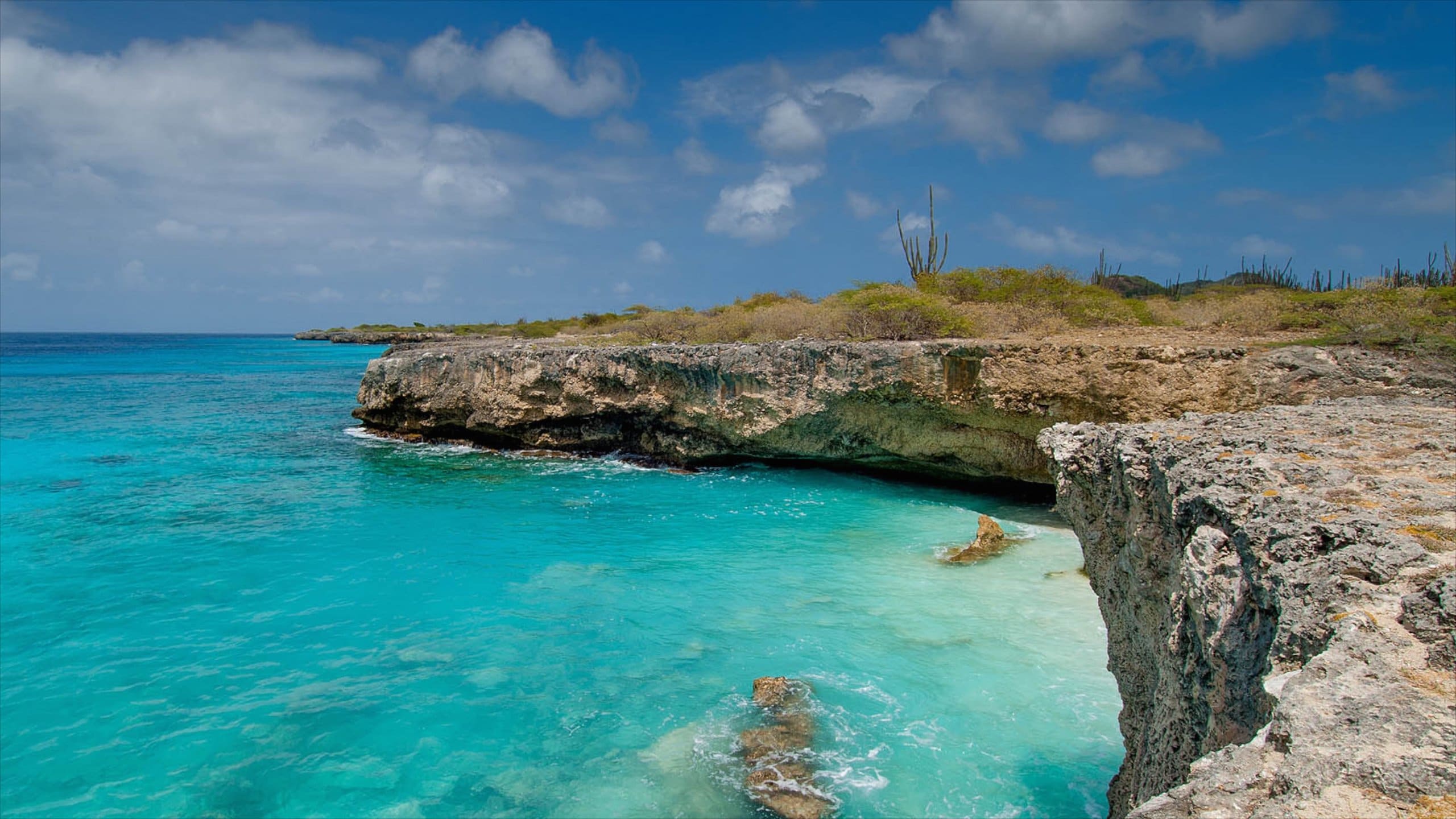Bonaire Nature Tours
Explore diverse ecosystems from flamingo sanctuaries and mangrove forests to desert landscapes and Washington Slagbaai National Park wilderness

Bonaire's commitment to conservation extends beyond marine protection to encompass the entire island ecosystem. Nature tours reveal diverse landscapes from flamingo-filled salt pans to cacti-studded desert terrain in Washington Slagbaai National Park. Explore mangrove forests vital to coastal health, spot exotic birds, encounter wild iguanas and donkeys, and discover unique flora adapted to arid Caribbean climate. Expert naturalist guides share insights about indigenous species, ecological relationships, and conservation efforts preserving Bonaire's natural heritage. Whether birdwatching, hiking coastal trails, or exploring by 4x4, nature tours provide intimate connections with the island's wild beauty beyond the underwater world.
Why Choose Nature Tours in Bonaire?
Caribbean Flamingo Sanctuary
See thousands of pink flamingos in their natural habitat - one of the Caribbean's largest populations.
Washington Slagbaai Park
13,500 acres of pristine wilderness with dramatic coastline, hiking trails, and unique desert ecosystems.
Diverse Ecosystems
From mangrove forests and salt pans to desert terrain and coastal cliffs - exceptional biodiversity.
Wildlife Photography
Flamingos, yellow-shouldered parrots, iguanas, wild donkeys, and over 200 bird species.
Expert Naturalists
Knowledgeable guides identify species, explain ecosystems, and share conservation stories.
Eco-Education
Learn about unique adaptations, endemic species, and ecological relationships in this special island environment.
Types of Nature Tours in Bonaire
Flamingo & Wildlife Tours
Visit salt pans and sanctuaries for flamingo viewing plus iguanas, parrots, and other native wildlife.
Washington Slagbaai Safari
4x4 tours through the national park visiting remote beaches, hiking trails, and scenic lookouts.
Mangrove Eco-Tours
Kayak or boat tours through mangrove forests learning about their crucial role in coastal ecosystems.
Birdwatching Expeditions
Specialized tours for bird enthusiasts visiting top spots for parrots, flamingos, and migratory species.
What to Expect on Nature Tours
Duration
Flamingo tours (3-4 hours), national park safaris (5-7 hours), mangrove tours (2-3 hours), birdwatching (4-5 hours).
Locations
Washington Slagbaai National Park, Goto Lake (flamingos), Lac Bay mangroves, salt pans, and coastal wilderness.
Wildlife
Flamingos, yellow-shouldered Amazon parrots, iguanas, wild donkeys, herons, hawks, and unique endemic species.
What's Included
Expert naturalist guide, transportation, park fees, and sometimes binoculars or field guides for wildlife identification.
Expert Tips for the Best Experience
Early morning best for wildlife viewing and birdwatching - animals most active
Bring binoculars for flamingo and bird viewing from respectful distances
Washington Slagbaai requires 4x4 vehicle - rugged unpaved roads
Pack plenty of water - island is dry and tours involve outdoor time
Wear sun protection - limited shade in desert and salt pan areas
Camera with zoom lens ideal for wildlife photography
National park entry fee $25-30 per person if visiting independently
Morning flamingo viewing at Goto Lake offers best photography light
Closed-toe shoes recommended for hiking in rocky areas
Respect wildlife - maintain distance and don't feed animals
Frequently Asked Questions
Q:How many flamingos can I see in Bonaire?
A: Bonaire hosts around 7,000 flamingos - the Caribbean's largest breeding population! Best viewing at Goto Lake, salt pans, and Pekelmeer sanctuary. Year-round residents. Best photos early morning or late afternoon. Maintain 50+ feet distance.
Q:How much do nature tours cost?
A: Flamingo tours: $49-70. Washington Slagbaai safaris: $75-110. Mangrove kayak: $59-85. Birdwatching expeditions: $80-120. Multi-day nature packages: $200-350. Park entry fees additional if visiting independently.
Q:What is Washington Slagbaai National Park?
A: Bonaire's 13,500-acre wilderness park in the north covering 20% of the island. Features desert landscapes, pristine beaches, hiking trails, wildlife, and dramatic coastline. Two scenic driving routes. Open 8 AM-5 PM. Entry $30. Requires 4x4 vehicle.
Q:Can children join nature tours?
A: Yes! Flamingo viewing suitable for all ages. Mangrove kayak tours welcome kids 8+. Washington Slagbaai 4x4 tours family-friendly though bumpy. Birdwatching requires patience but educational for interested children.
Q:What wildlife will I see besides flamingos?
A: Yellow-shouldered Amazon parrots (endangered), iguanas, wild donkeys, goats, various herons, hawks, pelicans, frigatebirds, and over 200 bird species. Marine iguanas near coast. Numerous endemic subspecies.
Q:Are nature tours physically demanding?
A: Varies by tour. Flamingo viewing involves minimal walking. Mangrove kayaking is gentle. Washington Slagbaai 4x4 tours are bumpy but not physical. Hiking options range from easy to moderate. Most suitable for average fitness.
Q:Best time for wildlife viewing?
A: Early morning (6-9 AM) best for birds and flamingos - most active and better light. Late afternoon also good. Midday heat makes wildlife less active. Year-round viewing, but migratory birds increase numbers December-April.
Q:Can I visit Washington Slagbaai independently?
A: Yes, with 4x4 vehicle (standard cars not allowed on rocky roads). Entry $30/person. Two routes: shorter (24km, 2-3 hours) and longer (34km, 4-5 hours). Bring water, snacks, sun protection. Gates close 5 PM sharp. Tours provide expertise and vehicle.
Why Visit Bonaire?
World-class diving with pristine coral reefs
Bonaire Marine Park - Protected underwater paradise
Shore diving accessible from most beaches
Excellent marine life and biodiversity
Relaxed atmosphere and uncrowded beaches
Perfect for water sports and nature lovers
Best Time to Visit
Weather
Bonaire enjoys tropical weather year-round with average temperatures of 82°F (28°C). The island has pleasant trade winds and excellent water visibility.
Best Months
December to April offers the best weather with minimal rainfall, perfect water visibility, and ideal conditions for diving and snorkeling.
Peak Season
December to April brings peak tourist season with higher prices but guaranteed excellent weather and minimal hurricane risk.
Off Season
May to November offers lower prices and fewer crowds, though June to November is hurricane season with occasional storms.
Other Popular Tours in Bonaire
Plan Your Bonaire Trip
Transportation Tips
Rent a car for flexibility, use taxis, or take organized tours. Many dive sites are accessible by car and the island is relatively small.
Car Rental Deals in Bonaire
Rent a car for maximum flexibility and explore at your own pace on Expedia USA.
Where to Stay
Find the perfect accommodation for your Bonaire adventure. From luxury resorts to cozy hotels, we've got you covered.
Best Hotel Deals in Bonaire
Discover top-rated hotels with exclusive rates and special offers on Expedia USA.
